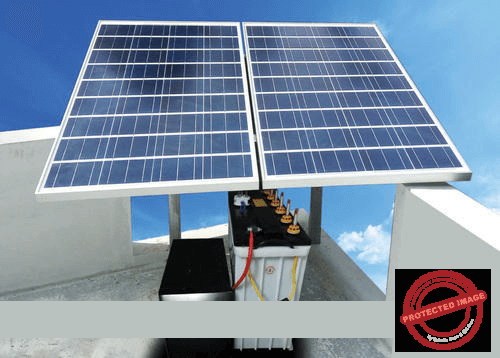The familiar cry of “Up NEPA!” resonates through Nigerian streets, signaling the return of electricity after a frustrating power outage. The struggle for reliable power supply has plagued Nigeria for decades, with little improvement to show for the efforts invested. As a result, many Nigerians are turning to alternative energy sources to bridge the gap left by the national grid’s inadequacies. In this article, we will explore the burgeoning popularity of solar inverters as a viable solution to Nigeria’s power challenges.
The Rise of Solar Inverters in Nigeria
In recent years, solar inverters have emerged as a promising alternative to traditional generators, offering cleaner, quieter, and more environmentally-friendly power solutions. However, many Nigerians may still be unfamiliar with this technology. Let’s delve into the world of solar inverters and shed light on their availability and pricing in Nigeria.
Understanding Solar Inverters
A solar inverter, also known as a PV inverter or converter, is a device that converts the variable Direct Current (DC) output generated by a photovoltaic (PV) solar panel into Utility Frequency Alternating Current (AC). This AC can be utilized within a commercial electrical grid or a local off-grid electrical network. In essence, a solar inverter transforms solar energy captured by the panel into a usable form for homes and industries, making it a key player in the transition to cleaner, greener energy sources.
Types of Solar Inverters
There are three main types of solar inverters:
- Stand-alone Inverters: These operate independently and draw power from batteries charged by photovoltaic rays.
- Battery Backup Inverters: These specialized inverters not only draw energy from batteries but also have an onboard charging system to replenish the batteries.
- Grid-tie Inverters: These inverters do not provide power during utility outages for safety reasons, automatically shutting down in such situations.
Advantages of Solar Inverters
- Cost-Efficiency: Solar inverters offer a more cost-effective solution compared to traditional generators, as they rely on sunlight, eliminating the need for fuel or diesel.
- Noise Reduction: Unlike noisy generators, solar inverters operate almost silently, eliminating disturbances to both users and neighbors.
- Environmental Friendliness: Solar inverters do not emit harmful fumes or contribute to environmental degradation, making them a sustainable and eco-friendly energy source.
Solar Inverters: Price Range in Nigeria
For those considering the switch to solar inverters, here are some price ranges for different sizes and brands available in Nigeria :
- 3.5KVA BLUEGATE 24v Solar Inverter: N270,300
- Famicare INVERTER 1000W 1KVA SOLAR BATTERY POWER INVERTER: N125,000
- 200AH 12V GLT Solar Inverter Battery: N114,000
- … (list continues)
Conclusion
With Nigeria’s ongoing struggle for reliable electricity, solar inverters offer a promising solution to this perennial problem. Their cost-effectiveness, reduced environmental impact, and noise-free operation make them an attractive alternative to traditional generators. As the demand for cleaner energy solutions grows, it is anticipated that the adoption of solar inverters will continue to rise in the years to come. Consider joining the ranks of those already benefiting from this sustainable power source and consult professionals for a seamless installation process. Say goodbye to power woes and embrace the power of the sun!

